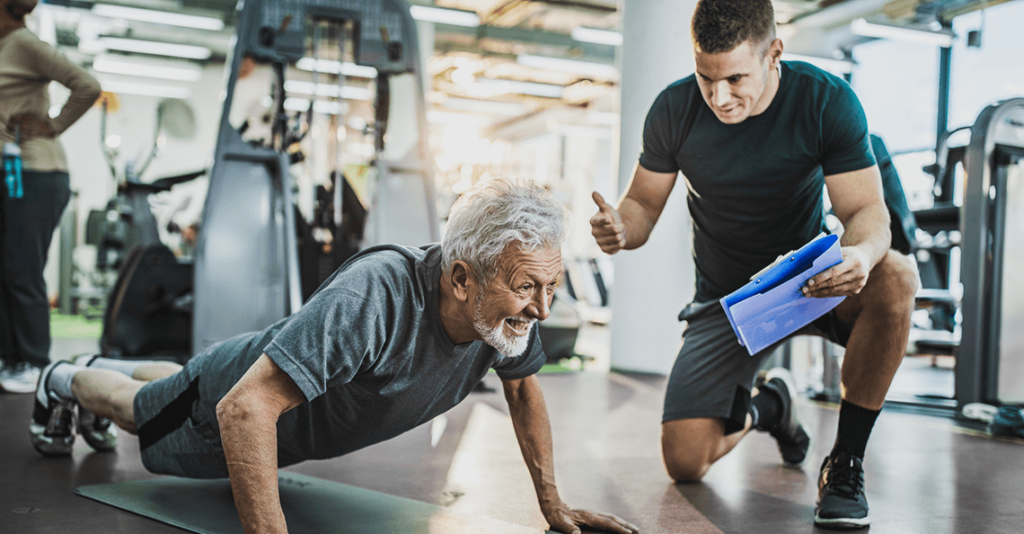In this post we discuss why you should prioritise value over price when choosing a personal trainer and the potential costs of not doing so.

Are there certain purchases you make where you’re insensitive to price?
These are usually things you really value.
For me it’s anything related to music.
Good quality speakers, amplifiers and headphones change how music sounds.
Music brings me joy so I don’t want that experience reduced by poor quality equipment.
Dealing with manufacturers who put thought and passion into their products is also a pleasure. The transaction isn’t simply about money.
For example, I have an old pair of Sennheiser headphones that were starting to wear around the ear pads.
I went online expecting to have to buy a new pair of headphones. No need. For a few pounds Sennheiser sent me a new pair of pads from Germany. No postage required.
Beautiful.
Sometimes buying cheaper actually costs you more
Nowhere is this more true than the exercise industry.
A poor quality service won’t just cost you more money in the long term however, it may impact your health.
We tend to think of health as being free from illness, but it’s also the absence of injury or chronic pain.
Exercise has such a positive reputation it’s difficult for us to conceive it can actually be bad for us when applied inappropriately.
Negative effects can also take a while to manifest so it’s not always easy to connect the dots. This is how the fitness industry manages to survive.
By the time you’re talking to a surgeon about options for your knee pain, you’ve forgotten about those deep heavy squats you used to perform with your trainer.
To complicate the matter further, price isn’t always the best indicator of the quality of service you’ll receive.
The fitness industry is completely unregulated. Anybody can call themselves a personal trainer.
There are trainers who charge £30 an hour and others who charge £200. The difference isn’t usually education but rather marketing.
So how do you choose a trainer?
In my experience the great majority of people in the fitness industry mean well. Nobody goes into this line of work to hurt people.
They are let down by the standard of education. This includes university educated practitioners as well unfortunately.
There are a couple of organisations who are trying to raise standards within the industry, the most notable being the Resistance Training Specialist Programme.
As with any health care service, how you feel is a good indicator of the quality of service you’re receiving.
If you have pain in your joints after each session, or you seem to be getting more restricted in your movement rather than less, that’s a bad sign.
I see many people who noticed these sensations but presumed they were a normal part of training.
They’re not.
Be particularly cautious if you’re middle aged and already have areas of your body that are causing you issues.
Training applied in the right way has the potential to improve aches and pains, it also has the potential to make them worse.
A good trainer understands how to manipulate exercises so you see a reduction in unpleasant sensations rather than an increase.
Summary
If somebody accuses me of being expensive, which is rare, I know I haven’t explained the value they will receive clearly.
You only get one body, choose carefully who gets the privilege of helping you train it.